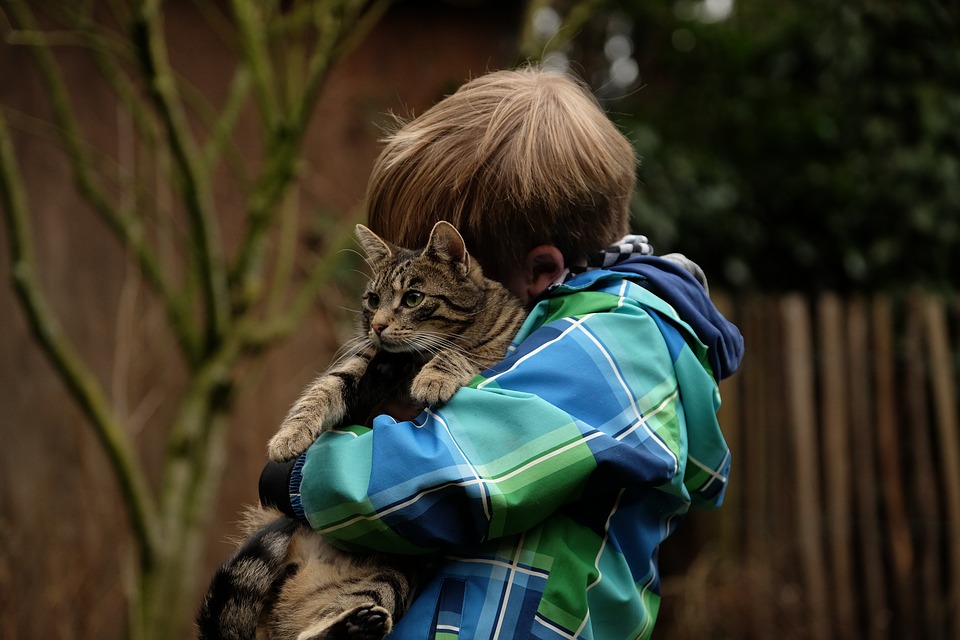The death of a family pet is an unexpected and sudden shock for a child. It is common for a cat, dog, rabbit or other animal to be part of the extended family, and when coupled with the fact that it is often a child’s first encounter with death, the process of dealing with the loss can be challenging for everyone.

Young children are not able to fully comprehend death as adults do and how they view it generally changes quickly as they grow up. From ages three to five, they often regard death as being reversible or temporary, but this changes from ages six to eight and then again at nine to eleven as they begin to understand that it is part of life, and is inevitable and irreversible.
Each child is unique so you should approach the subject with regard to your child’s personality. Chair of the Department of Early Childhood, Abigail McNamee, believes you should ask yourself several questions beforehand. She says: “How many experiences has your child had with death? How have you talked with him or her about death? What’s been seen on television?”
McNamee recommends an “honest, accurate and brief” approach to pet death and warns that using phrases such as “went to sleep” or “passed away” may cause confusion. Instead, tell them that the pet has died, but make it sound as peaceful as possible, and spare them any details that could be traumatic. You can then use their questions and reactions to gauge their general feelings and ideas about death, before moving on to make pet funeral arrangements.
If you’re feeling stressed about organising a funeral/reception for your children to say goodbye to their pet, it can be done as simple as possible, and still have full meaning. Concentrate on celebrating the good times.
Grieving process
Grieving is a part of life that at some point we all go through, and you should always include your child in the process as they need to say goodbye. You can ask them what they would like to do and offer suggestions such as drawing pictures of the pet or sharing funny stories about it. However, there is no rule for grieving and you must be vigilant about the fact they may not react in the way you would. McNamee adds: “She might go in and out of strong feelings – be intensely sad, then begin to play and act as if it hasn’t happened.”
These fluctuations in temperament can last up to month but your child may need extra support if they have trouble letting go, and it subsequently affects their wellbeing, either through lack of sleep or trouble at school. If this happens, you should ask them if they are feeling sad and whether they want to talk to someone about it. Recounting your own childhood experiences can help you to relate to them and ease any concerns.s
Children will eventually come to terms with a pet’s passing, and many will gain a better perspective on death as a result. They will then probably want to get another pet but McNamee recommends waiting for around six months before doing so. You can use this period to anticipate the arrival of a pet and ask them about favored breeds and possible names to keep their minds on the future.
